Law firms are in a unique place when it comes to IT trends. Lawyers deal with large amounts of incoming and outgoing documents and require an efficient system to keep up with hefty workloads. At the same time, it is paramount that all information is kept organized, confidential, and secure. These five IT trends ensure your law firm stays up to speed on cases while keeping documents safe:
Compliance
Law firms have unique needs for compliance and security. It is required that firms comply with the Personal Information Protection and Electronic Documents Act (PIPEDA) to secure highly confidential personal information such as client ID numbers, comments, financial records, and more. It is also imperative that firms comply with Rules of the Law Society of Alberta and retain all files for at least 10 years after a case is closed. Law firms are in a tricky place, both being held accountable for highly confidential personal information and for no less than 10 years. Firms require layers of protection to truly secure client information and remain compliant with governing laws. Law firms must understand and implement provincial laws regarding digital file storage. First, consent from clients must be obtained before storing their data in the cloud. In British Columbia, while personal information may be stored or processed outside of BC, it is essential to take steps to protect the personal information. The lawyer must enter into a data protection arrangement with the service provider that ensures equivalent levels of data protection as are required in BC/Canada. Alberta follows British Columbia’s direction regarding digital file storage.
Encryption
It is crucial that law firms use encryption strategies to protect all information. Confidentiality is at the core of lawyer-client relationships and it cannot be put at risk with unencrypted communication. Firms must protect all aspects of their environment – computers, mobile devices, email, internet connections, backup, and more. Encryption will obscure document contents and communications to make technology inaccessible without a passkey. Embedding an additional security layer at all potential entry points to sensitive information is a must for every law firm.
Cloud Services
In order to stay competitive, firms are migrating to the cloud. The cloud enables firms to access documents anywhere and anytime while reducing hardware and its maintenance costs. Moving away from hardware also increases cash flow to core business areas, and removes the financial risk associated with unexpected failure or catastrophe through disaster recovery and backup. Cloud services enable firms to remove a paper trail and ensure documents are locked away and secure.
Backup & Business Continuity
Simple errors, natural disasters, and malicious activity can all threaten legal documentation. While it’s easy to replace physical hardware in the face of a catastrophe, it’s sensitive information stored on these systems that cannot. Hybrid-cloud backup and business continuity solutions prevent firms from losing corporate and client information by confidentially storing information on-site in hardware and offsite in the cloud. A hybrid-cloud solution is key in preventing mistakes, emergencies, and malicious activity from negatively impacting your clients and your firm.
Virtualization
As legal professionals further utilize IT for documentation and workflow, infrastructure can quickly become strained from the additional workload. With more and more documents and tasks migrating away from paper, hardware will require additional resources to run effectively. To account for a more demanding workload, virtualized infrastructure pools resources to enable hardware to run at peak performance. Virtualization allows companies to use virtual infrastructure, rather than physical hardware, to save on physical hardware costs.
The latest IT trends are enabling firms to remain compliant with document and privacy laws while reducing costs and enhancing efficiencies. Contact us to learn how encryption, the cloud, business continuity, and virtualization can keep your law firm competitive and maintain client confidentiality.
Contact Us To Find Out More


